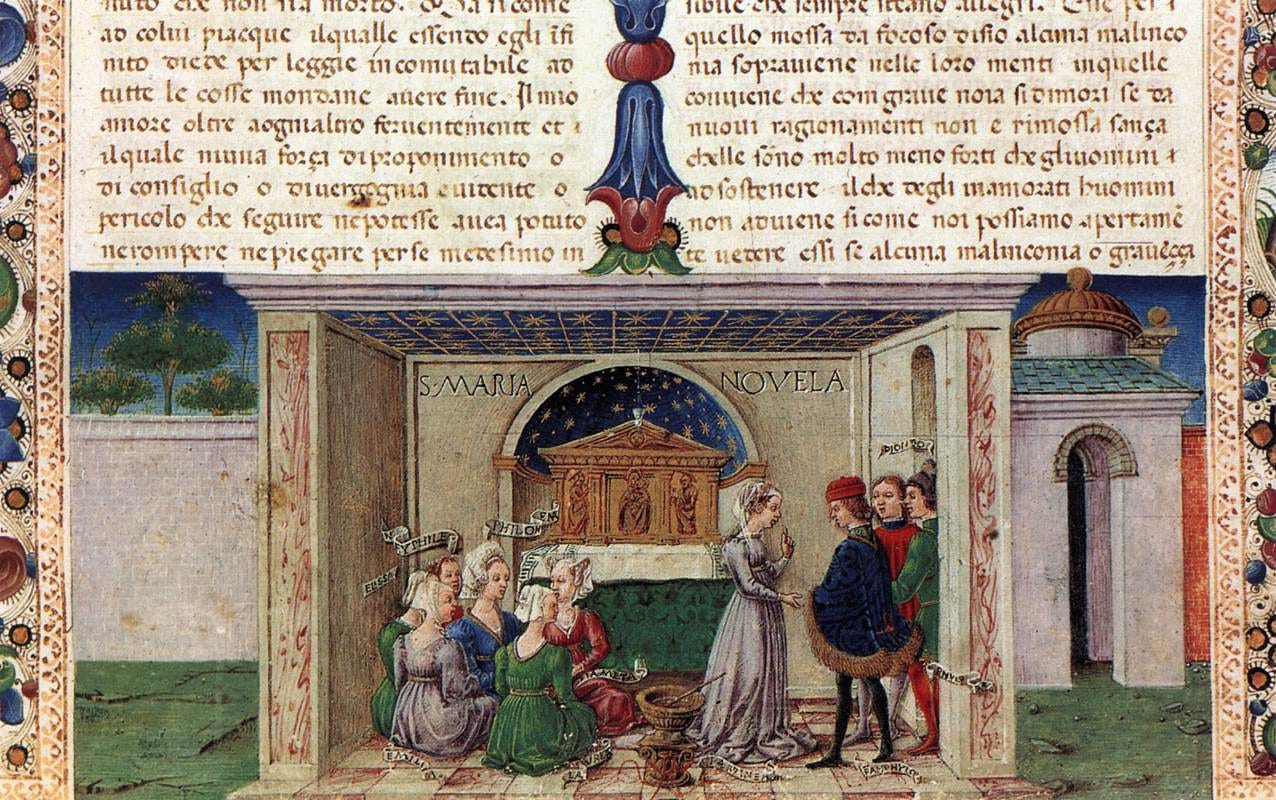The consolation of storytelling

We're living through an international emergency, whose real hideous face we have yet to see. But in every emergency, there is something to find consolation in.
Boethius had his own personal emergency as he was waiting on death row for the vagaries of a capricious king. He made wisdom his consolation and welcomed its arrival in the guise of Lady Philosoph…
Keep reading with a 7-day free trial
Subscribe to Biblonia to keep reading this post and get 7 days of free access to the full post archives.

